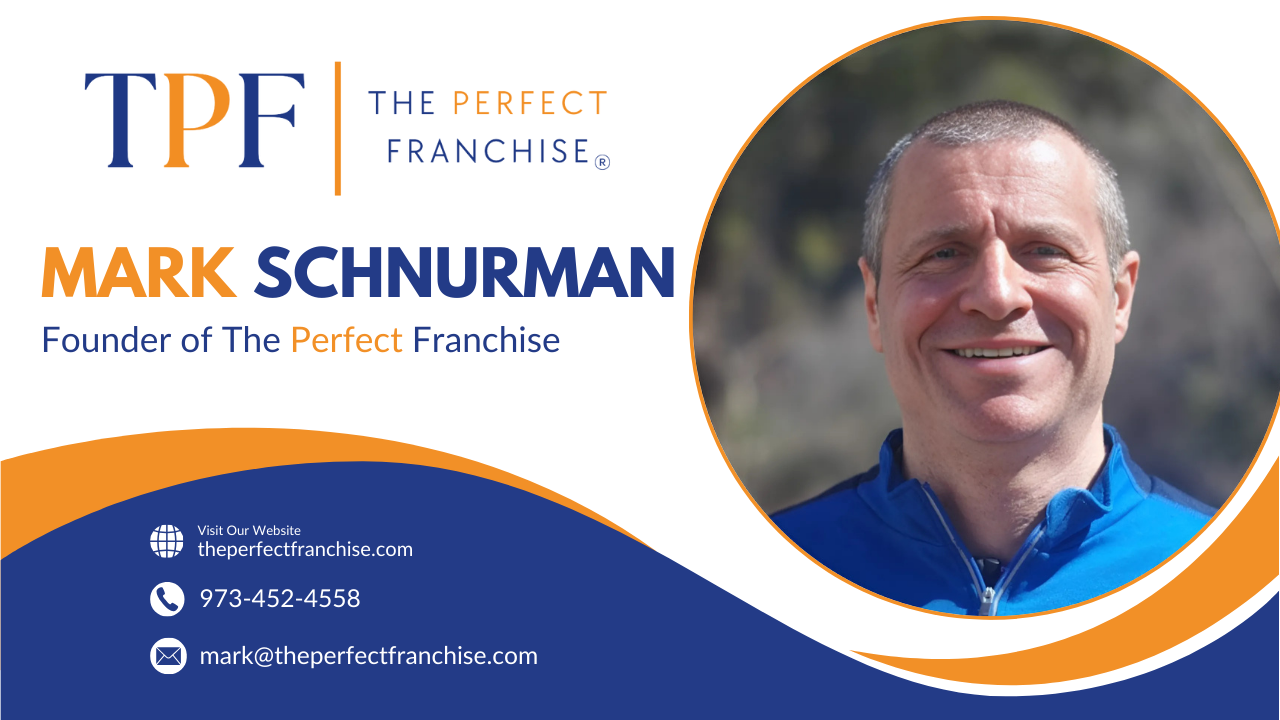By Mark Schnurman | Aug 31, 2022

Disgruntled Employees Have Resorted to Quiet Quitting, But Franchising Offers a Better Path
Quiet quitting has become a popular buzzword lately, but it has actually been a thing for a long time. Quiet quitting is when unhappy employees do the bare minimum to keep their job and do not provide any discretionary or extra effort. In effect, quiet quitting is an individual work protest. It’s essentially the opposite of the hustle culture, where people put work ahead of everything else to climb the corporate ladder.
In corporate America, people resort to quiet quitting for their own unique reasons, including bad bosses or working conditions, long hours, poor pay, or dead-end jobs. It is essentially a protest against being viewed as dehumanized “human capital.” If you choose not to play the corporate game, it is important to be thoughtful about your approach.
Several months ago, I wrote about the Great Re-Evaluation. I argued that people were not resigning from their jobs for any reason other than, as they re-evaluated their lives in the wake of the pandemic, their jobs no longer aligned with their goals and values. The same trend is at play with quiet quitting. As people seek more fulfillment, flexibility, and control in their lives, these trends will continue to spawn resignations and quasi-work stoppages.
The Problem With Quiet Quitting
I think it is important to remember that humans did not evolve as a species designed to work for others. Our hunter-gatherer ancestors and farmers were generally independents who worked for themselves. The corporate world of work exploded as society began changing from agrarian to industrial about 200 years ago. Quiet quitting is analogous to learned helplessness and can have deep, long-lasting mental health impacts.
The problem with quiet quitting is that while employees are trying to send a message to their employers, they are really hurting themselves. Employees who engage in quiet quitting are hurting their reputations, creating bad habits, and getting themselves stuck in a rut. None of these things benefit them personally or professionally. Indeed, quiet quitting is analogous to learned helplessness and can have deep, long-lasting mental health impacts.

When you cease to give your best, you are short changing yourself. Yes, boundaries should be placed on your job, but when you stay and choose to do less than your best, it illustrates how you handle adversity and your resilience. There is a better solution.
Quiet quitting is a form of complaining. If you believe that your job is the root cause of unhappiness, frustration, and a litany of other negatives in your life, why don’t you take your passive-aggressive quiet-quitting energy and turn it into finding a better path?
I have a very simple rule: If you are going to complain, you must do something about it and transform quiet quitting into a positive catalyst to propel the next level in your life and professional evolution.
An Alternative to Quiet Quitting
The answer is clear: Stop working for others and become a franchise business owner. The ills of working for others — bad bosses, inflexibility, ceilings, poor cultures — will disappear. Franchise ownership will replace them with freedom, self-actualization, motivation, challenges, and flexibility. You will be able to name your income level and work towards it. In the franchise industry, quiet quitting is unheard of. Franchise business owners are invested in themselves and passionate about what they do.
Franchise ownership is your chance to create the life and career you have been fantasizing about. Franchises come in all different shapes and sizes, allowing you to define — narrowly or broadly — your future. Whether you want a small business or an empire, franchising affords you the choices.
While I am decidedly not a proponent of quiet quitting, if you are practicing it, you will have plenty of time for franchise exploration. Set the goal of becoming a franchise business owner and begin exploring. A franchise consultant can help you navigate the world of franchising and match you to the right fit.
Taking Control of Your Life With Franchise Ownership
Seeking a solution to your predicament is also empowering. Quiet quitting is a manner of taking back control in your life but passively. Franchise exploration and eventual ownership are intentionally and proactively creating your unique path. It is taking control of your present and future.
Quiet quitting in a vacuum is not the best career approach. However, if you find yourself there, use the time to re-evaluate your life, career, and motivations.
It can transform your life.





